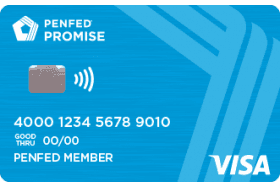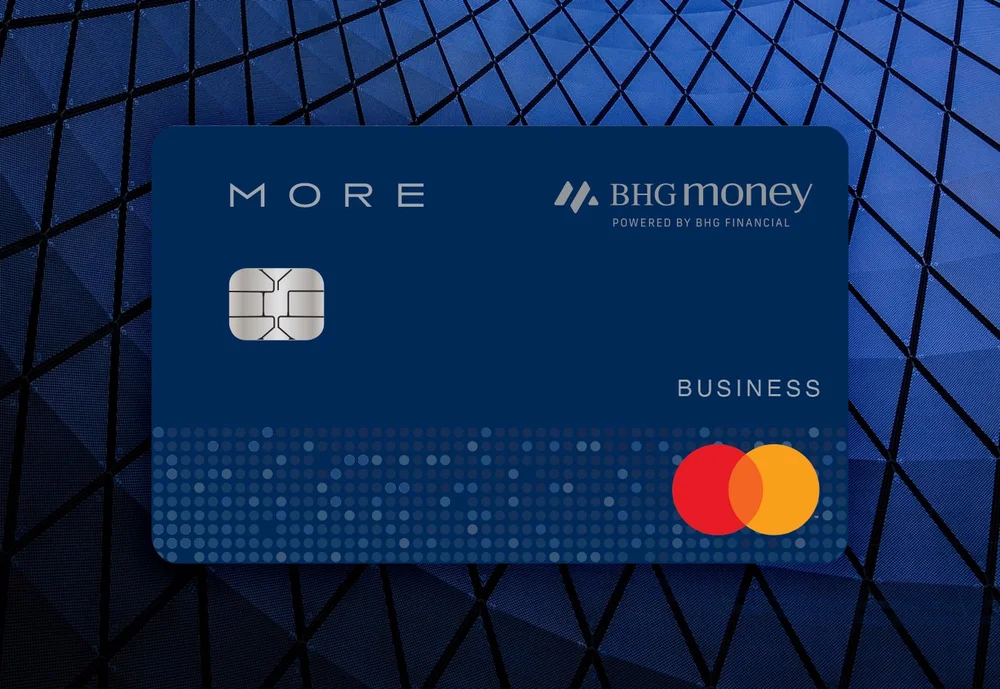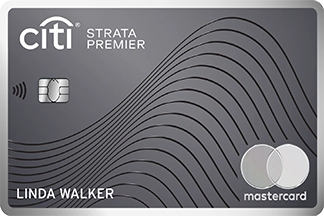- Subscribe to RSS Feed
- Mark Topic as New
- Mark Topic as Read
- Float this Topic for Current User
- Bookmark
- Subscribe
- Mute
- Printer Friendly Page
HELOC
Is your credit card giving you the perks you want?
Browse credit cards from a variety of issuers to see if there's a better card for you.
- Mark as New
- Bookmark
- Subscribe
- Mute
- Subscribe to RSS Feed
- Permalink
- Report Inappropriate Content
HELOC
I have over 100k in equity in my home after the refi. Thinking of pulling 50k in the form of a heloc. Maybe pay off my motorcycle, and another small loan, and just have the available credit. If I do this and don’t spend any of it, will it affect credit rating, or is it something I should do? TIA










FICO 8 Jan 2022
TCL 45.6k
- Mark as New
- Bookmark
- Subscribe
- Mute
- Subscribe to RSS Feed
- Permalink
- Report Inappropriate Content
Re: HELOC
@HarleyMan2014 wrote:I have over 100k in equity in my home after the refi. Thinking of pulling 50k in the form of a heloc. Maybe pay off my motorcycle, and another small loan, and just have the available credit. If I do this and don’t spend any of it, will it affect credit rating, or is it something I should do? TIA
My advice would be not to borrow against your home. It's too risky. Your home is where you live.































Total revolving limits 568220 (504020 reporting) FICO 8: EQ 689 TU 691 EX 682
- Mark as New
- Bookmark
- Subscribe
- Mute
- Subscribe to RSS Feed
- Permalink
- Report Inappropriate Content
Re: HELOC
It can be effective solely from the APR point of view, as it can result in more $ in-pocket.
However, the question is limited solely to effect on credit scoring.
To that end, HELOCs are revolving lines of credit that are eligible for inclusion under % util of revolving, which is likely a significant scoring factor.
However, HELOCs with usage balances over a certain amount are not included in % util scorings under some FICO models.
While it has been several years simce I saw a statement directly from Fair Isaac, it used to be at around $35K.
Hopefully, other forum participants can provide more detailed and updated info on levels and scoring model versions and how they treat lines of credit. but it is a scoring factor that you should be aware of and consider.
- Mark as New
- Bookmark
- Subscribe
- Mute
- Subscribe to RSS Feed
- Permalink
- Report Inappropriate Content
Re: HELOC
Well, a HELOC is a lower rate than vehicle loans and much lower than credit cards, my HELOC is 3.25%. But my question is if you just completed a refinance why did you leave $100k in equity? Mortgage rates are at record lows, better to take that equity out in a long term mortgage.
- Mark as New
- Bookmark
- Subscribe
- Mute
- Subscribe to RSS Feed
- Permalink
- Report Inappropriate Content
Re: HELOC
@SouthJamaica wrote:
My advice would be not to borrow against your home. It's too risky. Your home is where you live.
It's risky to rent, if you can't pay the rent you get evicted. The point being 99% of folks pay for a place to live, either rent or mortgage. Living is a risk, you can die anytime.
- Mark as New
- Bookmark
- Subscribe
- Mute
- Subscribe to RSS Feed
- Permalink
- Report Inappropriate Content
Re: HELOC
- Mark as New
- Bookmark
- Subscribe
- Mute
- Subscribe to RSS Feed
- Permalink
- Report Inappropriate Content
Re: HELOC
Edited:
FYI, EQ8 and EX8 tracks:
(-) Proportion of balances to credit limits on revolving HELOC accounts is too high
(-) Proportion of revolving HELOC balances to total revolving balances is too high
notice it said to total revolving balances, not limits.
So not only does it look at a HELOCs’ individual utilization, but it also looks at a special utilization of HELOC balance/aggregate Revolver Balance, interestingly enough.
So EQ8 & EX8 definitely look at HELOCs in more depth than TU.
so it wants to know what percentage of your aggregate revolver balances (not limits) are from HELOCS. So, how much of your revolving debt you're carrying on the HELOC, basically.
- Mark as New
- Bookmark
- Subscribe
- Mute
- Subscribe to RSS Feed
- Permalink
- Report Inappropriate Content
Re: HELOC
@Anonymous wrote:Edited:
FYI, EQ8 and EX8 tracks:
(-) Proportion of balances to credit limits on revolving HELOC accounts is too high
(-) Proportion of revolving HELOC balances to total revolving balances is too high
notice it said to total revolving balances, not limits.
So not only does it look at a HELOCs’ individual utilization, but it also looks at a special utilization of HELOC balance/aggregate Revolver Balance, interestingly enough.
So EQ8 & EX8 definitely look at HELOCs in more depth than TU.
so it wants to know what percentage of your aggregate revolver balances (not limits) are from HELOCS. So, how much of your revolving debt you're carrying on the HELOC, basically.
Has anyone reported actually seeing those reason codes? I'm wondering if perhaps those reason codes were in a whitepaper and not actually implemented, or if they perhaps only apply to smaller HELOCs? I had a massive HELOC balance which one would think I would have been penalized for or at least seen as one of the primary reason codes if that were the case (it was after all almost the entirety of my revolving credit balance, and it was very heavily utilized), yet my scores were in the 820s and 830s when it reported (EQ was 833, for example), deviation from higher scores could easily have been explained by aggressive credit-seeking, and scores did not increase as the balance on the HELOC came down to the typical revolving thresholds.
There definitely seems to be a point where HELOCs seem to be excluded (other than age metrics). I wasn't expecting a disclosure of the actual numbers since those are proprietary, but did pose the question during the myFICO AMA. The answer I received was:
For older score versions, HELOC accounts may be considered in the score including in several balance and utilization related characteristics. For newer score versions, HELOC accounts may not factor into balance and utilization.
- Mark as New
- Bookmark
- Subscribe
- Mute
- Subscribe to RSS Feed
- Permalink
- Report Inappropriate Content
Re: HELOC
These are included in the official documentation for the version, but I obviously cannot attest as to whether or not it was belatedly changed.
Another thing to keep in mind is there are many reason codes that are never seen such as lack of recent retail account balance. That tells me it’s being tracked, I don’t think you’ll ever see that code because having a balance there is not a positive, but the code tells us that it is being tracked in my humble opinion.
- Mark as New
- Bookmark
- Subscribe
- Mute
- Subscribe to RSS Feed
- Permalink
- Report Inappropriate Content
Re: HELOC
@DaveInAZ wrote:Well, a HELOC is a lower rate than vehicle loans and much lower than credit cards, my HELOC is 3.25%. But my question is if you just completed a refinance why did you leave $100k in equity? Mortgage rates are at record lows, better to take that equity out in a long term mortgage.
Because of my stupid student loans. My DTI for the refi was razor thin, I just couldn't pass up these lower rates. After the refi, I was able to take 5k out. Gave that to the Mrs to pay off all her cc debt. One thing I had wrong in my mind, having got the offer back from my credit union, even though I have over 100k in equity, I can only take up to 80% of LTV. I wanted 50k, my CU came back with 8k. Said if I sold the home, I get 100% of equity in the home. Rate was sub 5% and if the 8k is maxed the payment would be $68










FICO 8 Jan 2022
TCL 45.6k